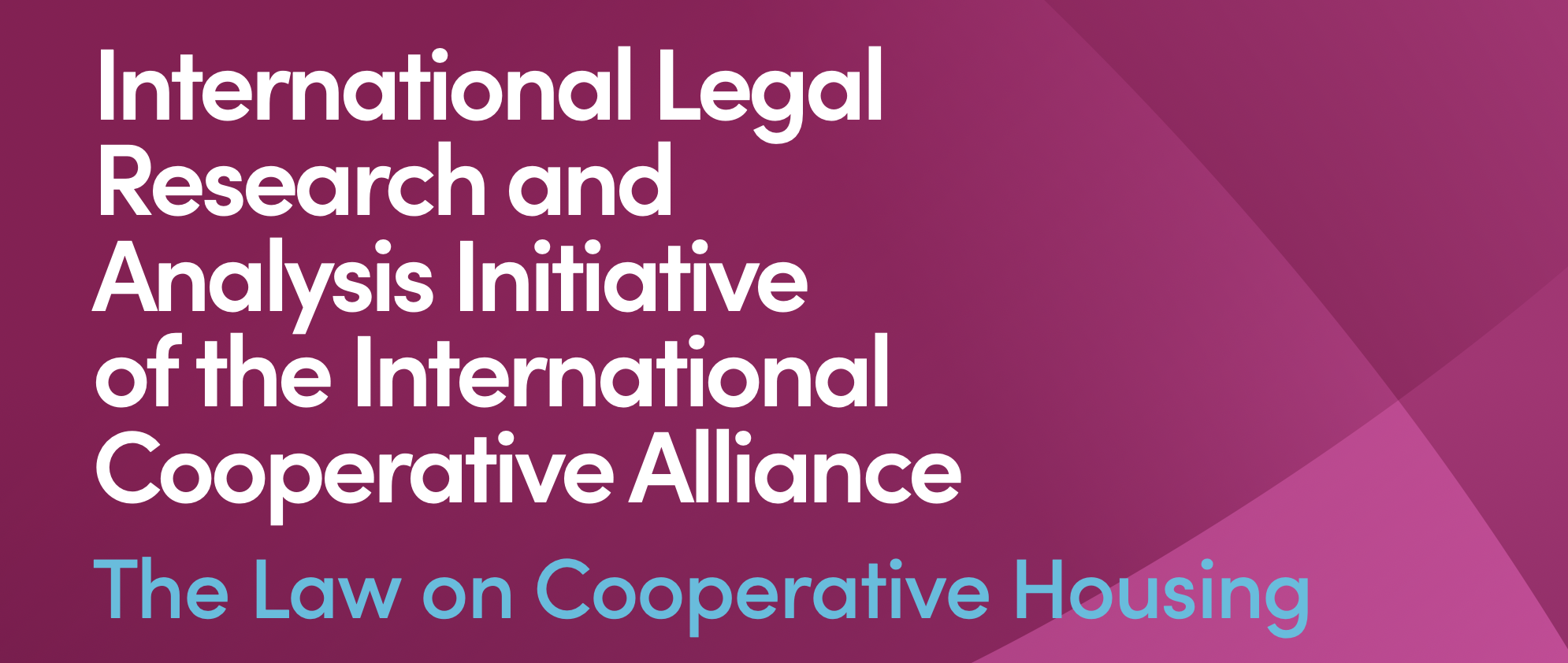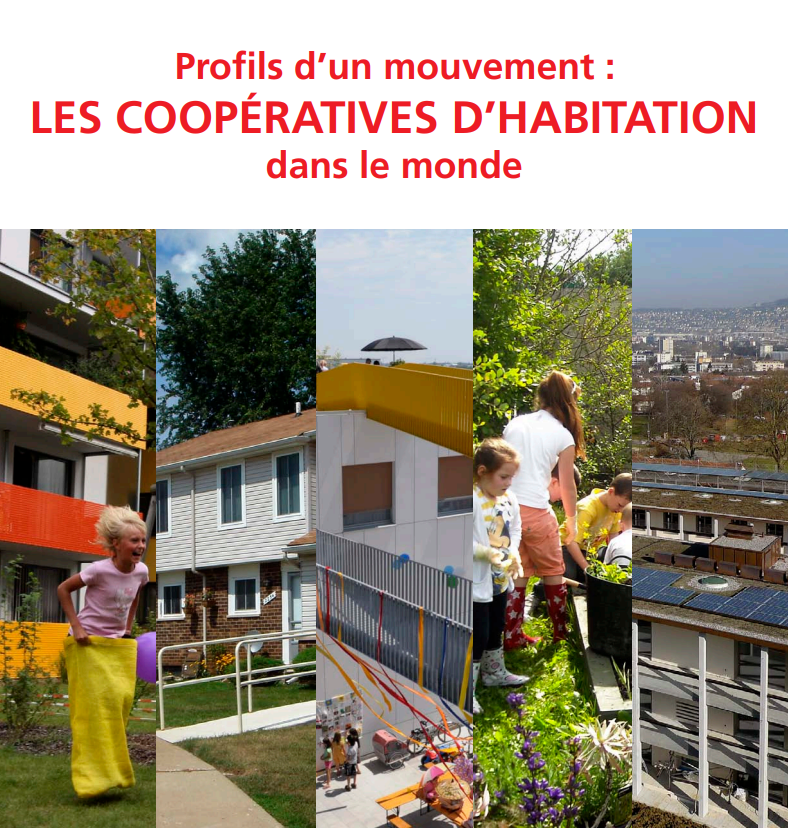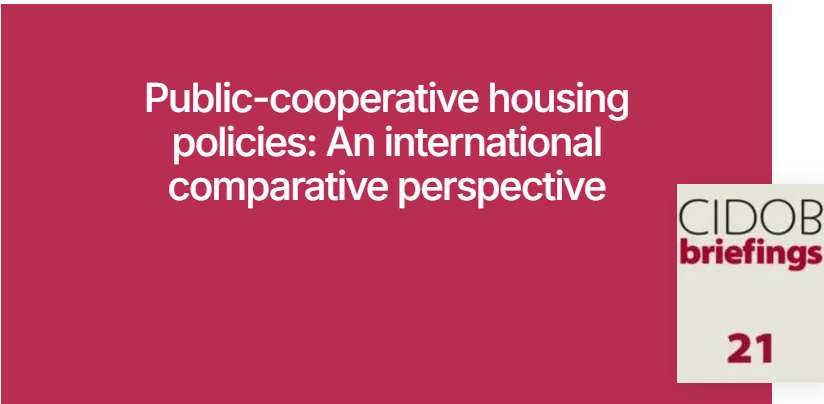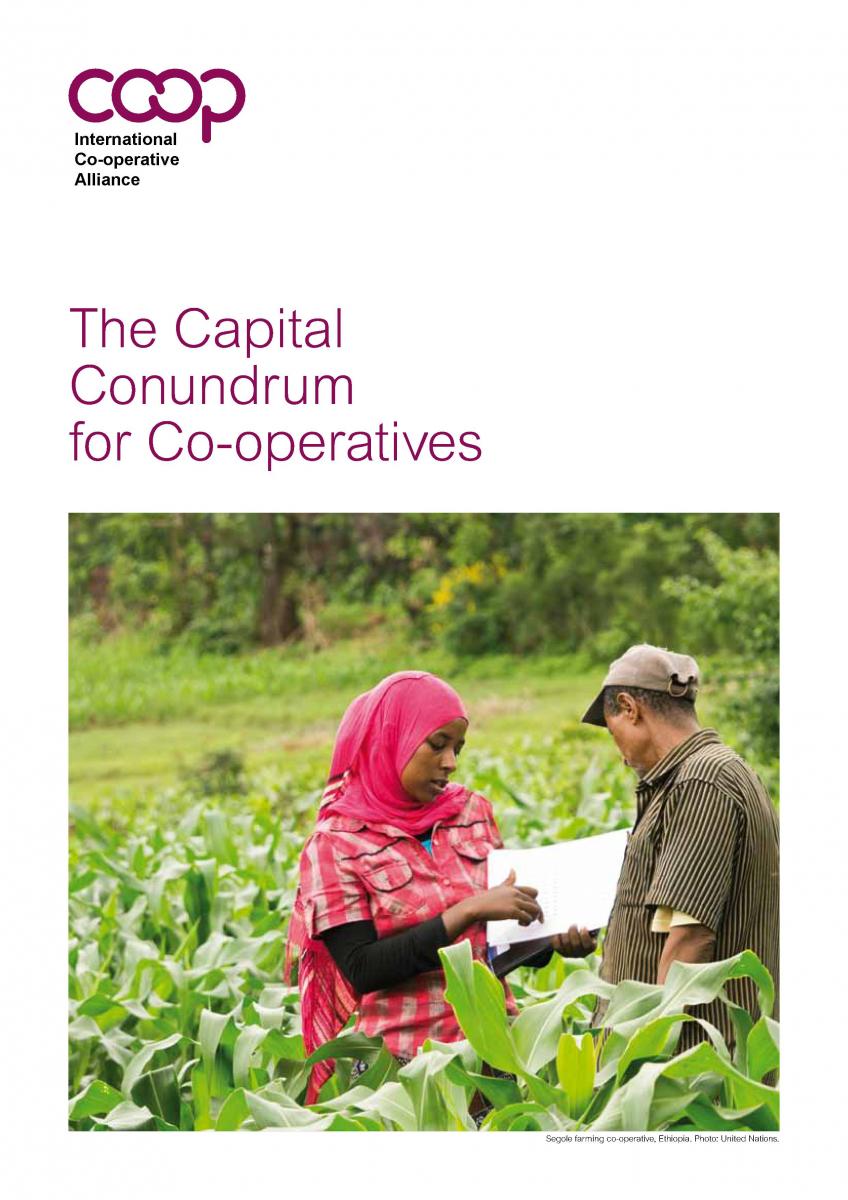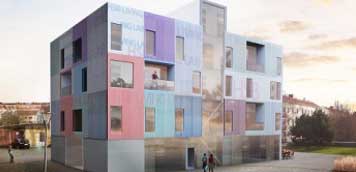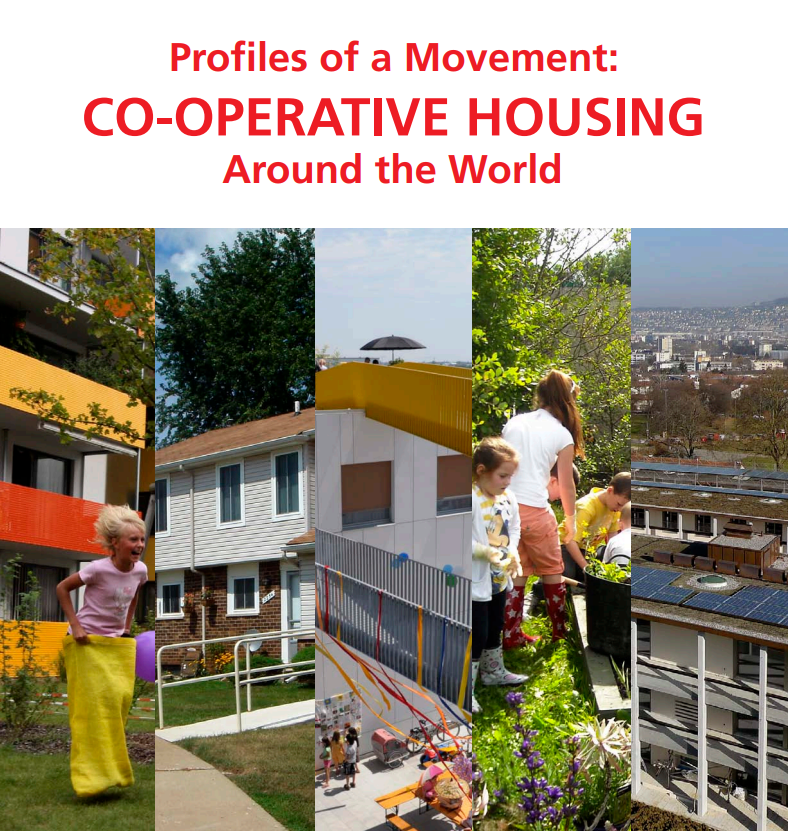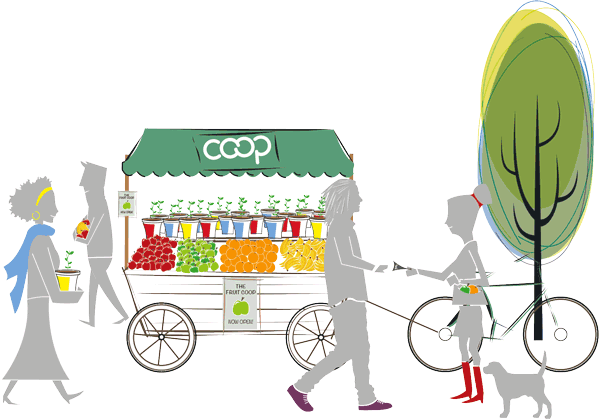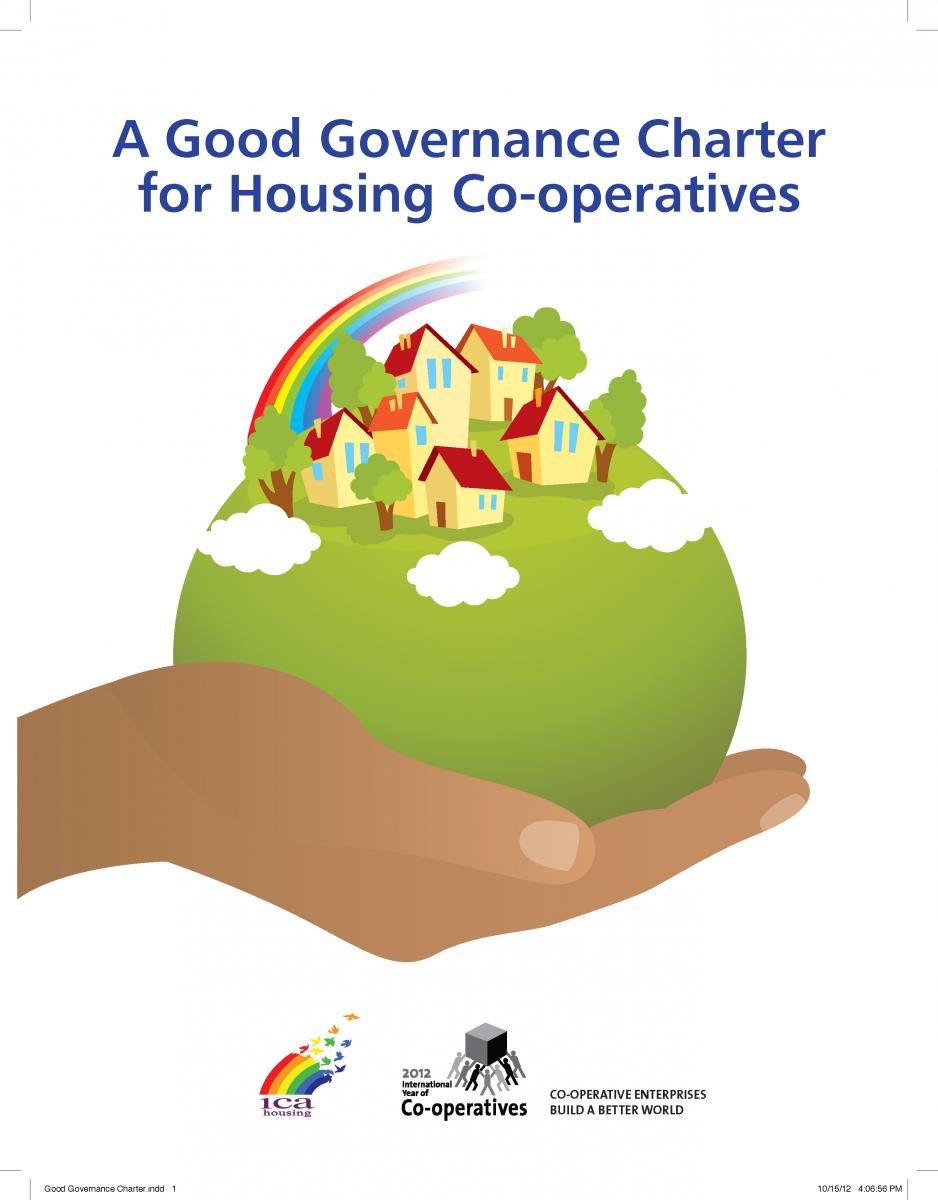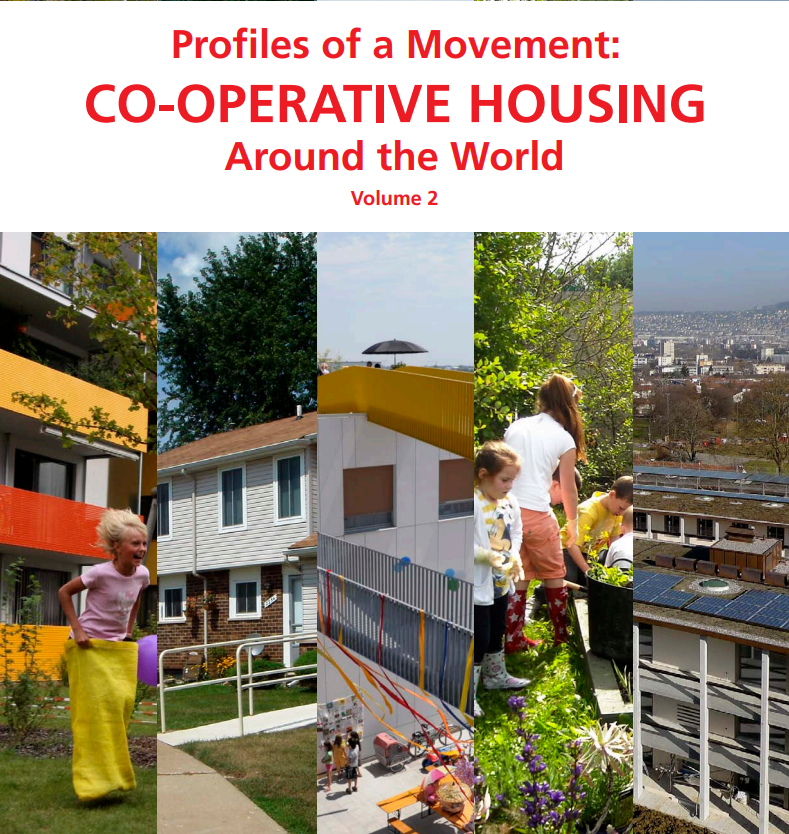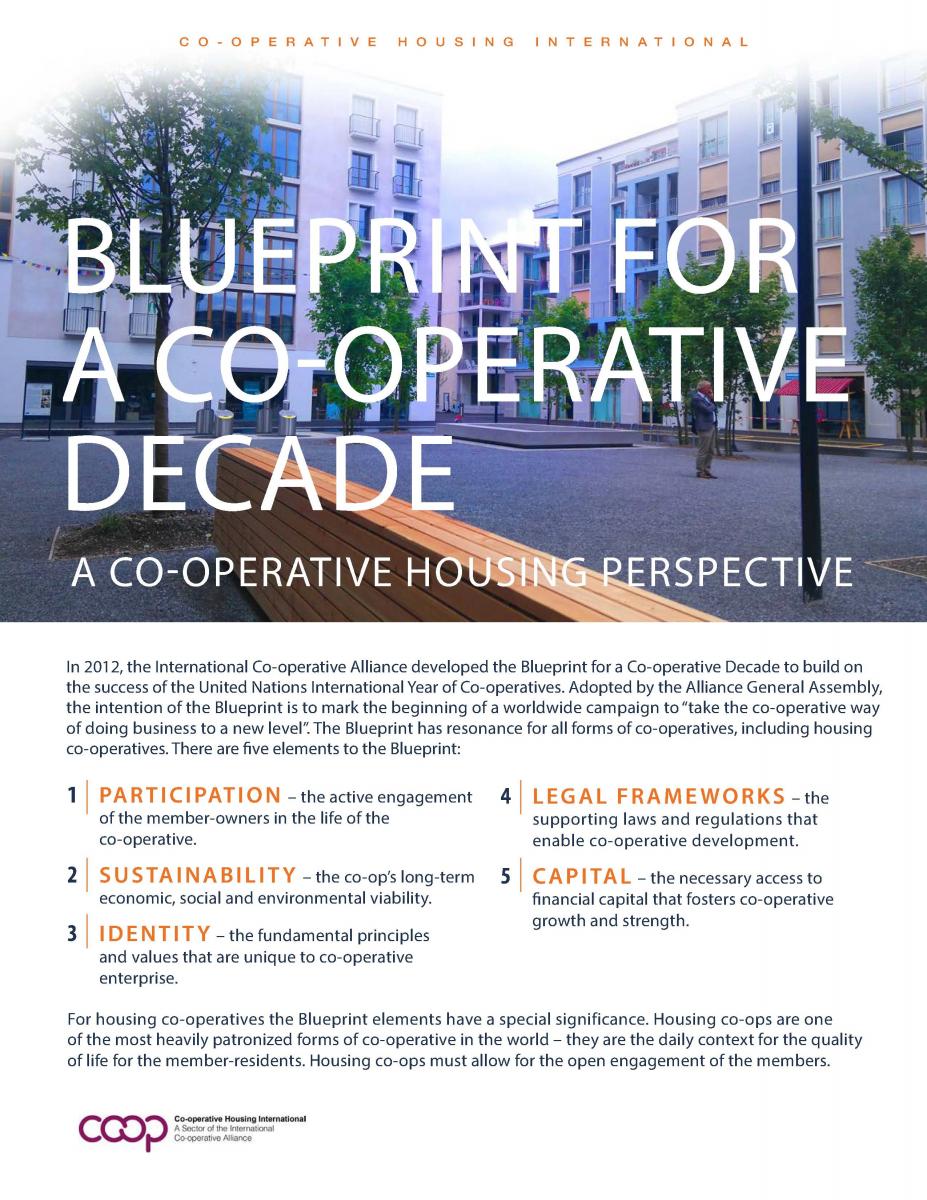About Hungary
Early History of Cooperative Housing in Hungary
The cooperative housing movement in Hungary has a history spanning over 100 years. The first housing cooperative was established in Budapest in 1912 and continues to operate today. This early example set the foundation for cooperative housing as a form of collective homeownership, providing affordable and community-oriented housing solutions.
Following World War II, Hungary faced a severe housing shortage. Initially, the state built mostly tenement flats to address the crisis. However, to reduce state housing expenditures, Hungary increased the role of private assets through state-managed housing cooperatives. This shift marked the beginning of an intensive phase of cooperative housing development, particularly in the 1960s, when large-scale multi-story housing estates were constructed.
The ownership model of Hungarian cooperative housing dates back to this period. Under regulations established at that time, housing cooperatives were recognized as legal entities owning only the land and common parts of buildings. Individual flats belonged to the cooperative members. Moreover, homeownership was a prerequisite for membership in these cooperatives—a structure that largely remains in place today, despite several regulatory updates since the mid-1960s.
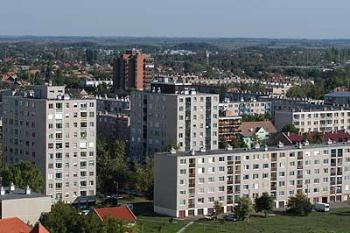
Legal and Political Changes After 1990
The political and economic transformation in Hungary around 1990 forced a reassessment of the financial management and operations of housing cooperatives. In 1992, the Act on Cooperatives was revised to include a specific chapter regulating housing cooperatives.
Between 1996 and 2003, Hungary developed a comprehensive national housing program. Since January 1, 2005, housing cooperatives operate under a distinct legal and regulatory framework. These include financial management guidelines reflecting their unique characteristics.
Current Housing Context and Cooperative Housing Sector
Although Hungary does not face a nationwide shortage of housing, some regions—particularly industrial and commercial centers—still experience shortages. Unfortunately, few housing cooperatives have been established since the political transition in 1990. Only converted lofts have slightly increased cooperative housing stock.
Despite this stagnation, housing cooperatives have played a significant role in expanding the rental housing sector over the past years. However, Hungary’s rental market remains relatively small compared to other European countries.
Since 2010, the government has emphasized the importance of developing rental flats through housing cooperatives. Yet, the global economic crisis and a stagnant real estate market have delayed large-scale cooperative housing projects. Notably, housing cooperatives were less affected by currency-related mortgage issues that troubled owner-occupied housing markets. In 2011, the government launched a medium-term Homebuilding Strategy aimed at revitalizing housing policies.
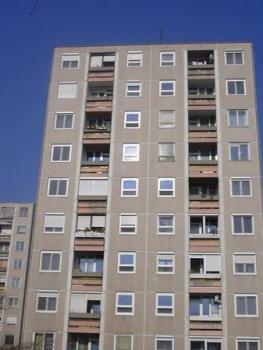
Characteristics of Cooperative Housing in Hungary Today
Currently, Hungary has 1,269 registered housing cooperatives, comprising approximately 300,000 flats. Most cooperative housing units are located in prefabricated buildings constructed between 1965 and 1985.
Until 1992, cooperatives could not own flats outright but managed rental units. Now, cooperative members own their flats, while the cooperative owns the land and common property, including shared rooms, furniture, and furnishings.
The primary role of housing cooperatives today is maintaining and renovating common building parts. Between 2004 and 2011, members of the Hungarian Association of Housing Cooperatives and Condominiums (LOSZ) renovated 256,450 units, demonstrating the ongoing importance of cooperative structures in building upkeep.
Financing Cooperative Housing in Hungary
Historically, members’ contributions did not fully cover maintenance and renovation costs; the state subsidized these activities as social benefits. After the political transition, state support diminished significantly, forcing cooperatives to increase member contributions. This shift led to a shortage of funds within the cooperative housing sector.
To address this challenge, the government introduced building and renovation support programs. These programs typically involve funding from central government distributed by local authorities, aiming to support building renovation and energy efficiency improvements.
Typically, renovation costs are split roughly into thirds: one-third paid by the cooperative, one-third by local government support, and one-third covered by non-refundable subsidies. However, demand for these subsidies often exceeds available funds. Loans for renovations come with interest rates ranging from 3% to 7%, with conditional applications requiring cooperatives to establish renovation funds in advance.
The 1997 Act on Housing Savings Fund also provides a financing option, but many cooperatives struggle to secure bank loans because their ownership structure offers little collateral.
Between 2010 and 2013, the government renewed support for modernization and energy-saving measures in buildings through the Green Investment Programme, funded by revenue from the sale of Hungary’s CO2 emission quotas.
Legal Framework Governing Cooperative Housing
Hungary’s 1992 Act No. I on Cooperatives regulates cooperative housing, defining cooperative principles and detailing the rights and responsibilities of housing cooperatives. This Act allowed cooperatives to own flats and clarified management duties, distinguishing between internal and external services.
According to the 2003 VAT Act, housing cooperatives do not charge VAT on internal services but do so on external services. Additionally, housing cooperatives benefit from favorable corporate tax rules: those with annual sales under HUF 10 million are exempt from corporate tax.
A 2005 Act further strengthened members’ rights and clarified management responsibilities, providing more security in property administration.
The Accountancy Act governs the financial management of housing cooperatives, recognizing their non-profit status and allowing simplified bookkeeping tailored to their specific needs.
Currently, the government’s national housing program plans to introduce new regulations to modernize cooperative housing law. These reforms aim to maintain international cooperative principles while enabling cooperatives to transform ownership structures, develop new tenement buildings, and acquire real estate—key steps to stimulate new cooperative housing projects.
The Cooperative Housing Movement and LOSZ
The Hungarian Association of Housing Cooperatives and Condominiums (LOSZ) was founded in May 1990 after separating from the national association of cooperatives. LOSZ unites regional associations operating in Hungary’s 19 administrative zones and Budapest.
Membership in LOSZ is voluntary and includes housing cooperatives, condominiums, and related service companies. The association’s goals include improving legal and operational conditions for cooperatives, providing information and training, facilitating experience exchange, lobbying government and international contacts, and offering related services.
Currently, LOSZ represents over 1,000 housing cooperatives and condominiums. It also includes supporting members from companies involved in housing services such as energy efficiency, insurance, and construction.
For more information, visit: http://losz.hu (available in Hungarian, some English)
Resources Tagged "Hungary"
The Cooperative Identity — the shared values and principles that unite cooperatives worldwide — is being revisited for the first time in decades. The International Cooperative Alliance (ICA) has released Discussion Draft 2 of ...Read More
Governance Global Study
The International Legal Research and Analysis Initiative (ILRAI) of the International Cooperative Alliance, coordinated by Cooperative Housing International, provides the first comparative legal analysis of cooperative housing fra ...Read More
Legal Global News Article
L'habitat coopératif offre des logements abordables à long terme, gérés par les résidents, avec des avantages sociaux, économiques et environnementaux avérés. Malgré son impact mondial, ce secteur reste méconnu.Read More
Financing and Development Global Report
Explore public policies supporting cooperative housing worldwide in this comprehensive report. Discover how governments and cooperatives collaborate to create sustainable and affordable housing solutions globally.Read More
Research Global Research Paper
The Commission's final report on Cooperative and Mutual Housing (Bringing Democracy Home) highlighted the need for consideration of the role that cooperative and mutual housing could play in the national housing strategy. The Fina ...Read More
Financing and Development Global Report
Par cette publication, nous souhaitons ouvrir le débat sur le logement en tant que droit fondamental et enjeu métropolitain, en mettant en lumière l’expérience de grandes métropoles et dans l’espoir d’inspirer des idées nouvelles pour aborder cet enjeu absolument fondamental de l’urbanisation moderne.Read More
Advocacy Global
In 2000, United Nations (UN) member states recognised the need to build global partnerships for development and the exchange of expertise as one of the Millennium Development Goals. Across the international development field, part ...Read More
Financing and Development Global
New report: The Capital Conundrum for Co-operatives "The Capital Conundrum for Co-operatives", a new report released by the Alliance’s Blue Ribbon Commission explores ideas and options available to co-operatives that need suitab ...Read More
Financing and Development Global
Financing the development of housing co-operatives is a challenge and more so in time of financial restrictions and uncertainty. CHI members discussed the issue during a seminar held in November 2009 in Geneva. Presentations w ...Read More
Financing and Development Global
The Forest Products Annual Market Review 2013 reports that the development of new refinement processes has led to the production of new and more affordable wood based products such as cross-laminated timber (CLT). The report sta ...Read More
Sustainability Global
Updated Guidance Notes on the Co-operative Principles, edited by David Rodgers, former President of Co-operative Housing InternationalRead More
Governance Global
The ILO views cooperatives as important in improving the living and working conditions of women and men globally as well as making essential infrastructure and services available even in areas neglected by the state and investor-driven enterprises. Cooperatives have a proven record of creating and sustaining employment – they provide over 100 million jobs today; they advance the ILO’s Global Employment Agenda and contribute to promoting decent work.Read More
Legal Global
Cooperative housing offers long-term, affordable homes governed by residents, with proven social, economic, and environmental benefits. Despite its global impact, the sector remains under-recognized.Read More
Financing and Development Europe Report
Student housing cooperatives have become very popular in the USA and many of these housing co-operatives are members of organizations such as NASCO. Unlike a resident who acquires shares at market rates to earn the right to occupy ...Read More
Community Global
The Good Governance Charter for Housing Co-operatives was launched at the ICA Housing Plenary in Manchester in November 2012.It has three parts:A 10-point set of good governance practicesAn interpretive statement for each good p ...Read More
Governance Global
This second volume of Housing Co-operative Profiles focuses on African countries, showcasing the ingenuity and commitment of cooperators working under difficult conditions. It offers insights into the legal, financial, and historical contexts of housing co-ops, aiming to inspire broader adoption of the model as a solution to the global housing crisis.Read More
Community Global Report
The Blueprint for a Co-operative Decade is a worldwide campaign to “take the co-operative way of doing business to a new level”. The five key elements of the Blueprint are participation, sustainability, identity, legal frameworks and capital. The Blueprint is particularly relevant to co-operative housing and the Blueprint interpretation for co-operative housing below explains how.Read More
Governance Global

